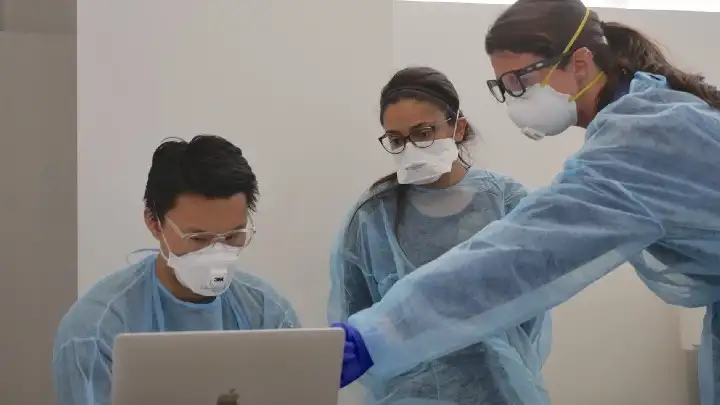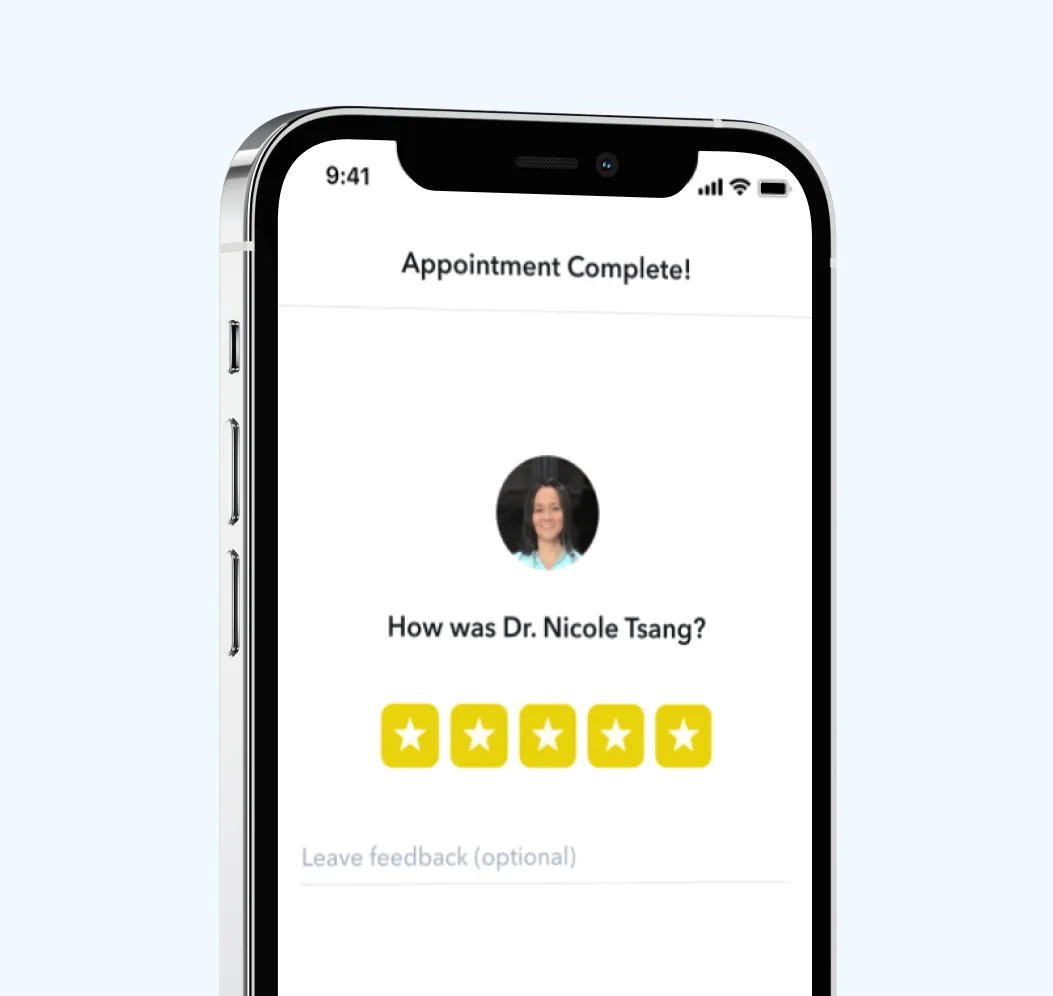All posts
Fall 2020 Flu Shot

Mary McQuilkin, NP, MPH
Aug 24, 2020
3 min

The seasonal flu vaccine can prevent you from getting sick with an infection caused by influenza virus. Each year, a new version of the vaccine is produced to protect against the 3 or 4 strains of the virus most likely to spread in the U.S. All people age 6 months and older should get the flu vaccine every year. The best time to get the vaccine is before winter, ideally by late October.
The flu causes fever, fatigue, cough, body aches, and other symptoms. Vaccinated people who end up getting the flu anyway tend to have milder illness and are less likely to become severely ill.
Getting vaccinated isn’t just to protect yourself. Healthy young people should get vaccinated to avoid spreading the virus to elderly relatives, pregnant women, or people with chronic health conditions who are unable to get the vaccine themselves.
Will the 2020–2021 flu season be worse because of COVID-19?
There is a lot of overlap between the symptoms caused by the flu and COVID-19, which may make it difficult for people to know which one they have this winter.
On the other hand, the social distancing practices recommended to stop the spread of COVID-19 are also effective for preventing flu transmission, so if people continue to self-isolate and work from home, less people are at risk for getting the seasonal flu.
The flu shot will not protect against COVID-19, but preventing people from becoming seriously ill with the flu will free up hospital beds and medical supplies for people with COVID-19 who need them.
Will the shot give me the flu? What side effects should I expect?
- The flu vaccine does not contain the live virus and does not cause the flu. However, people sometimes feel sick after getting the vaccine if they were infected with a cold or flu virus prior to receiving the vaccine. It takes about 2 weeks after getting the vaccine for you to be protected from the flu.
- Most of the time, the influenza vaccine does not cause any side effects.
- Sometimes there can be redness, mild swelling, or soreness where the shot was given.
- Less common side effects include a mild fever, rash, body aches and headache.
- Vary rarely, vaccines can cause allergic reactions or more serious side effects.
How to prevent the flu
- Get the flu vaccine every year. For more information about the flu vaccine, see: https://www.cdc.gov/flu/prevent/keyfacts.htm-Wash your hands with soap and water, or use alcohol-based hand sanitizer-Stay away from people who are sick-For some people with chronic health conditions, antivirals are recommended soon after being exposed to the flu or developing symptoms. Check with your primary care provider to see if you should take these medications.
If you get the flu:
- Stay home and rest.
- To avoid infecting others, do not go to school or work until your fever is gone for at least 1 day and you are no longer coughing.
- Drink plenty of fluids. Eat bland foods such as bread, rice, applesauce, and toast, which are easier to keep down if you have been vomiting.

Circle Medical Providers must meet all of the following standards:
-
Exceptionally qualified in their field
-
Board-certified
-
Deeply empathetic for patients
-
Follows evidence-based care guidelines
-
Embracing of diverse patient backgrounds
-
Impeccable record of previous care
400+ Primary Care Providers.
100% Confidence.
No matter which Provider you choose, you will be seen by a clinician who cares deeply about your health and wants to help you live your happiest, healthiest life.
Circle Medical Providers are held to an exceptionally high standard of compassionate, evidence-based care.
Book Appointment

